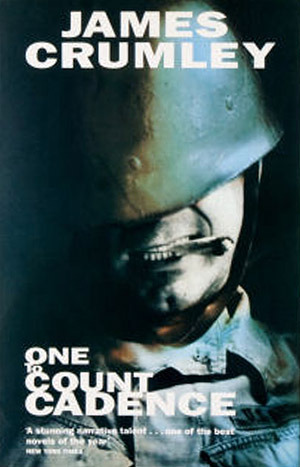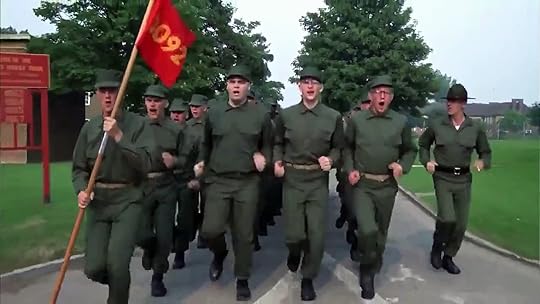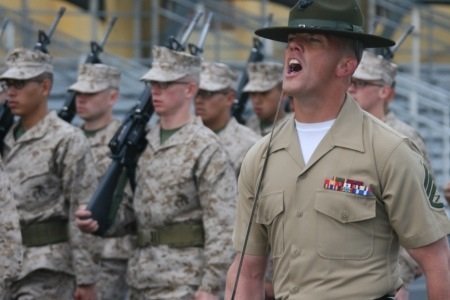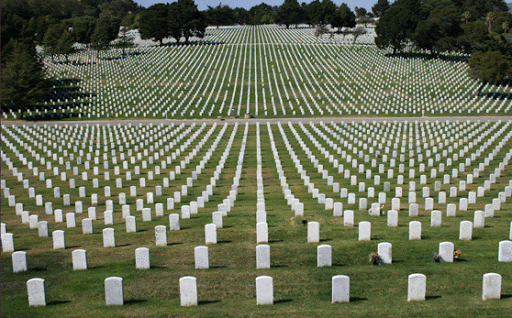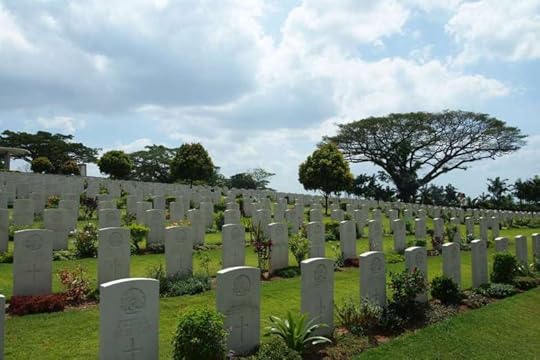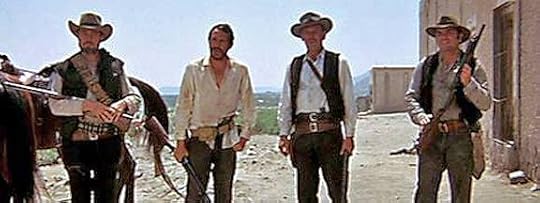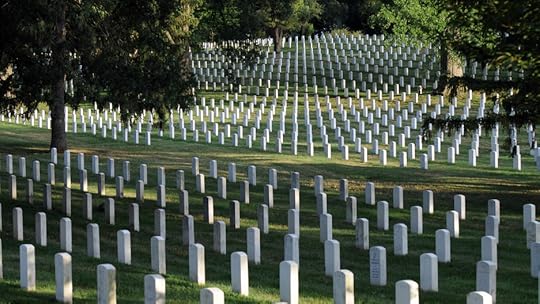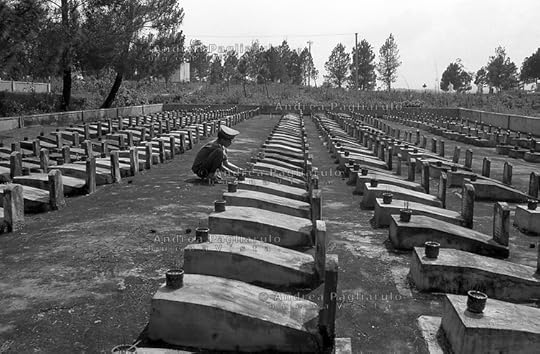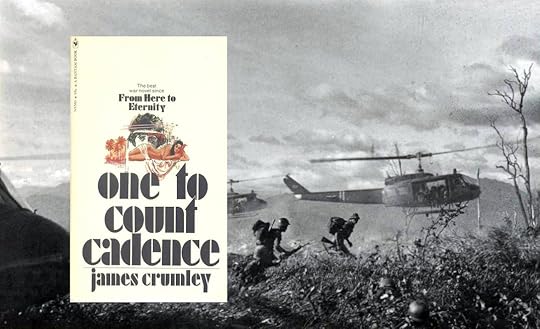3.5 STARS Bloody, bawdy poetry from one of the best writers to ever put pen to paper. This is Crumley's first novel, and I'm pretty certain there's a lot of autobiography going on here. It's a beautiful riff on drinking, sex, fistfights, war, politics, the sixties, hippies, religion, more drinking, drinking, dying, living, courage and cowardice. And most of all it's about simple day-to-day survival. Set in 1962, first in the Philippines, then later--tragically--in Vietnam, the book is narrated by Sargent Krummel, and the voice and story structure are occasionally too intrusive for my taste, especially when the narrator speaks directly to the reader, my only complaint about the book. Beyond that quibble, I thought it was good stuff. I also thought it remarkable that a hardass, rough-and-tumble old soldier like Crumley--and this was written in the 1960s mind you--wrote about several hot-button topics, from race to cross-dressing "Billy Boys," with compassion, empathy, insight and a wise heart. This is a far different kettle of fish from his five-star fiction; it's episodic and chaotic, almost a diary, but the incredible, transcendent writing and Crumley's wry take on a fractured world are worth the price of admission. Read KISS and TREE DUCK first, and if you like them, give this a shot.
